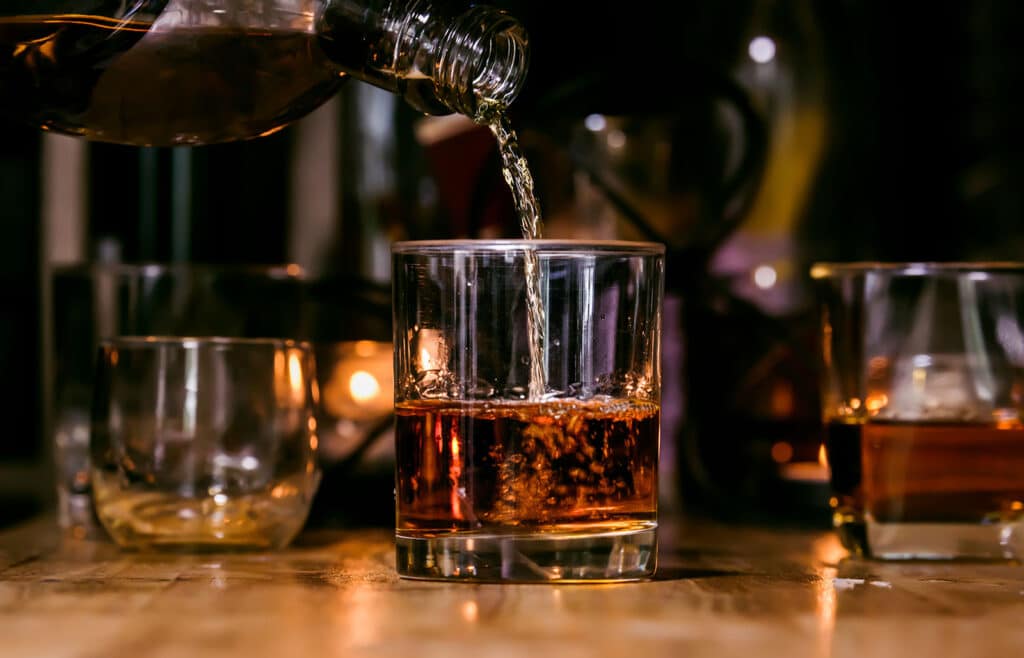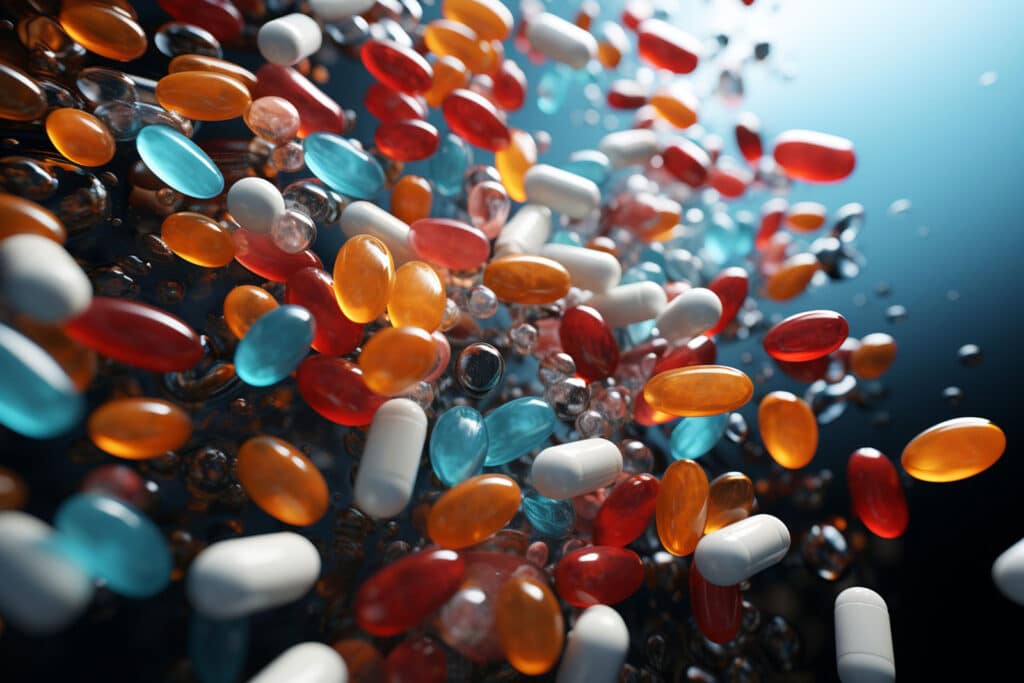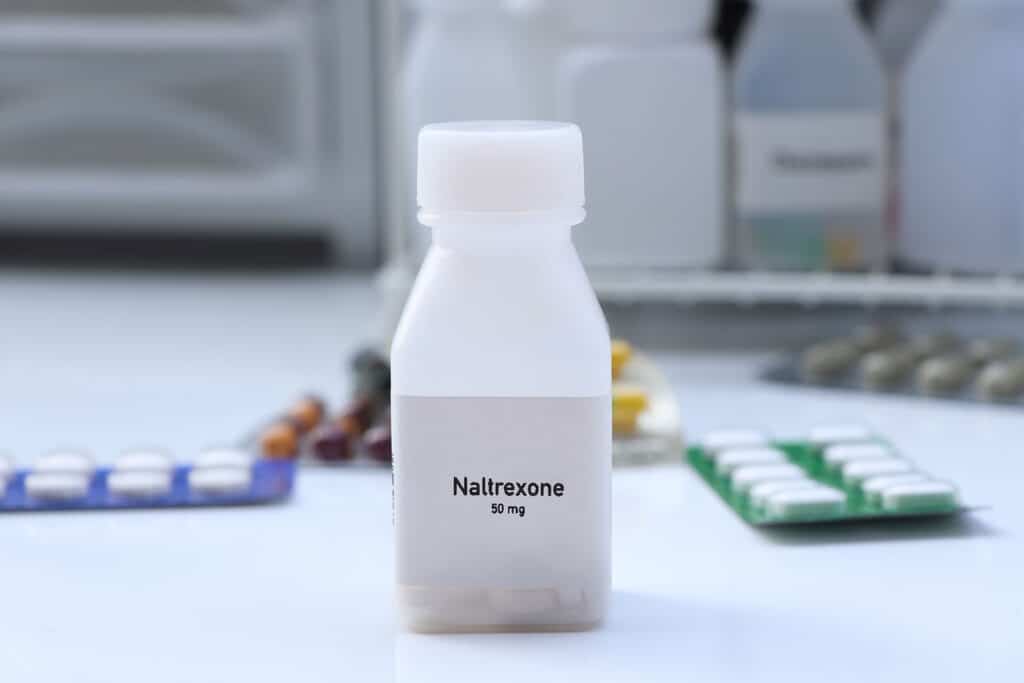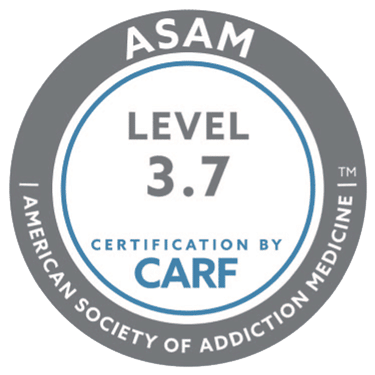For many, alcohol is a way to celebrate and socialize with family and friends. However, for some, alcohol consumption can turn into an addiction.
Why do people like alcohol so much, and why is drinking so difficult to control? Understanding the reasons behind this may help you or your loved ones develop a healthier relationship with alcohol.
So, settle in as we discuss why people drink alcohol. Today, you’ll learn to identify whether you’ve had too much to drink. Plus, discover how you can recover from excessive alcohol use.

5 Reasons Why People Like Alcohol
Alcohol’s appeal can vary from person to person. From peer pressure to genetics, these are some of the most common reasons why people like alcohol.
1. Psychological Factors
When you drink alcohol, it’s quickly absorbed through your stomach and into your bloodstream. Eventually, the ethanol makes its way to your brain, where it can interfere with your neurotransmitter balance.
Alcohol can trigger feelings of euphoria as it slows the central nervous system. Some people may feel less stressed and more confident after they drink alcohol.
However, the effects are short-term. After the temporary relief, alcohol can cause a crash where you feel worse than before. This can lead people to drink more alcohol.
Over time, drinking alcohol can turn into a vicious cycle that changes your brain chemistry.
Adolescents and young adults, in particular, are more susceptible to the negative effects of alcohol. Because of this, young people, especially those in high school, should avoid alcohol use.
2. Social Factors
Another reason people drink alcohol is peer pressure.
According to the University of Stirling, 85% of people have been pressured to drink alcohol in social situations. Even worse, 37% of employees have felt pressured to drink by bosses at after-work gatherings.
Unfortunately, it’s very hard to say no to alcoholic drinks when you’re being pressured. In fact, seven out of ten people say they would be asked for an explanation for why they refuse to drink.
It’s important to stop seeing alcohol as a social lubricant.
Despite the fear of judgment, you can choose to be confident about your decision not to drink. Over time, this can help you create awareness and avoid harmful expectations.
3. Escapism and Coping
Since alcohol affects memory, it can also become a coping mechanism for some. Alcohol disrupts how you process and transfer information in your brain. As a result, you may experience short-term and long-term memory loss.
Drinking alcohol may lead to difficulty focusing. Excessive alcohol can also cause alcohol-induced blackouts. Because of this, people may use alcohol to escape their troubles.
Know that coping with alcohol can impair your cognitive function. Some studies even show that people who have more than 14 drinks per week have smaller brains compared to those who don’t drink.

4. Family History
Genetics can also be a reason why people drink alcohol excessively. Scientists have discovered that those with a family history of alcohol abuse are 50% more likely to develop alcohol use disorder.
Additionally, alcoholism can be a learned behavior. When children grow up surrounded by a culture of drinking, they are more likely to pick up the habit.
Therefore, if you know you’re predisposed to become addicted to alcohol, you should take steps to limit your consumption. Parents should also take care not to expose their children to alcohol.
5. Reward and Reinforcement
Lastly, alcohol increases your body’s dopamine and serotonin production. These are happy hormones that can feel rewarding and pleasurable.
As your dopamine levels rise, it can reinforce a false sense that alcohol is good. Alcohol changes your brain as you adapt to the higher dopamine levels.
Eventually, alcohol causes dependency, and you crash if you don’t drink. Soon, you can no longer control how much you’re drinking, and you spiral into addiction.
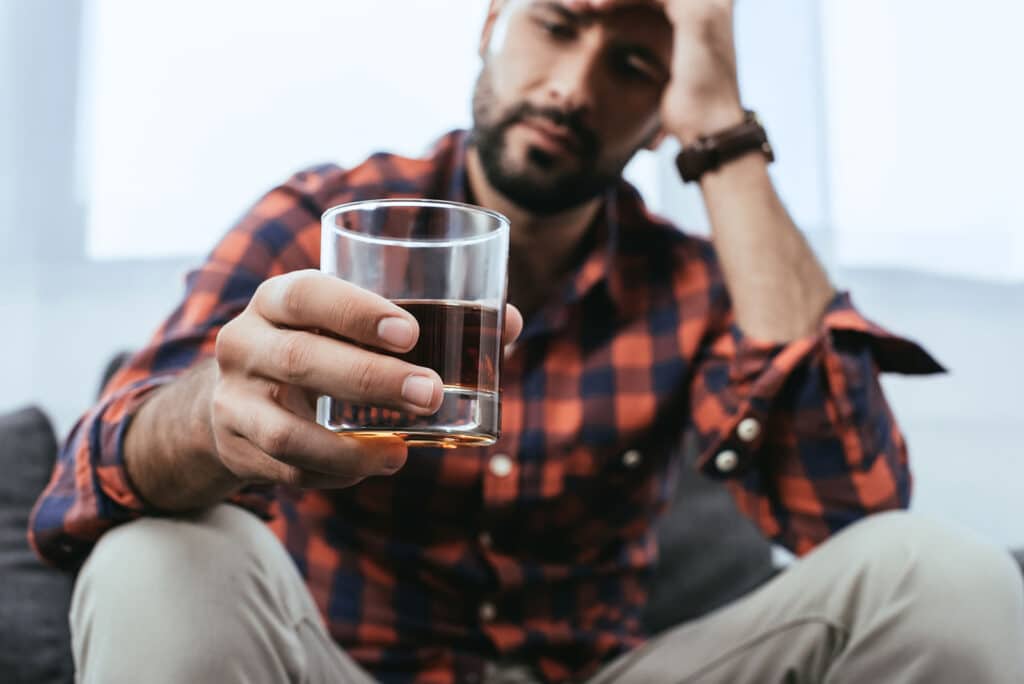
Are You Abusing Alcohol? Signs to Look Out For
Sometimes it’s hard to tell for yourself whether you have an alcohol use disorder. While heavy drinking doesn’t mean you’re addicted, it can quickly turn into worse habits.
The truth is that alcoholism can creep up on you without you realizing it.
So, how can you recognize whether you’re abusing alcohol? Here are the telltale signs to look out for.
1. You’re Unable to Limit the Amount
First, if you have an alcohol use disorder, you find it difficult to limit the amount you’re drinking. People who abuse alcohol often set out to drink just one beverage. However, before they know it, they’ve consumed more than intended.
Binge drinking can be an issue. Even if you tell yourself to stop drinking after a certain point, you end up losing control.
It can start small, but over time, this inability to limit alcohol becomes more evident.
2. You Have a Strong Craving for Alcohol
Along with the inability to control alcohol drinking are the cravings. Those who abuse alcohol often get urges to drink even if it’s not the right time or place.
The cravings for alcoholic beverages can be triggered by stress, and the overwhelming desire forces you to drink alcohol.
3. Alcohol Is Affecting Your Life
Next, alcohol starts to creep into your life. You may find yourself unable to work or study because of repeated alcohol use. You continue to drink even though you know it’s affecting your relationships.
4. You Exchange Necessities for Alcohol
You may start spending your money on alcohol instead of necessities, like groceries and bills. Your hobbies go out the window because you’d rather spend your cash on alcohol.
Eventually, alcohol takes its toll on your mental health.
5. You Drink Alcohol in Unsafe Conditions
People who suffer from alcohol addiction may sometimes drink even though they know it’s unsafe. For instance, you may continue to drink even when you’re driving or swimming.
6. You Experience Withdrawal
Lastly, a telltale sign you’re abusing alcohol is withdrawal. If you haven’t had a drink for a certain period, you may start feeling symptoms like sweating, tremors, and difficulty sleeping.
If you feel anxious and restless when you haven’t had a drink, you should seek help immediately.

How Much Is Too Much Alcohol?
The National Institute on Alcohol Abuse and Alcoholism recommends only one drink or less per day for women. For men, the limit is two drinks or fewer per day.
A standard drink is any beverage with 0.6 fluid ounces of pure ethanol. The amount is equivalent to one can of beer with 5% alcohol or 5 fluid ounces of 12% wine.
You should always check how much alcohol is in a drink since it can contain more than you realize. The reality is that patients often underestimate their consumption.
Signs You’ve Had Too Much
Alcohol poisoning is a serious condition that happens if you drink too much alcohol in a short time. Below are signs to look out for.
- Confusion
- Pale or grayish skin
- Slow breathing or irregular breathing
- Lowered body temperature
If you notice any of these signs in a loved one, take them to the emergency room immediately!

How Can You Stop Alcohol Abuse?
Alcohol addiction has a lot of negative consequences on your life. It can come with various health issues and cause mental health disorders.
If you or a loved one is struggling with drinking, it’s best to avoid self-medicating. For your well-being, you should seek help from professionals.
Recreate Behavioral Health Network is a premier provider of substance use treatments. We have effective and affordable treatment options that can help you stop drinking.
Here, you’ll find services on the following:
- Detoxification: You can opt for inpatient and partial hospitalization treatments to safely detox. We can provide medication-assisted detox to reduce your cravings.
- Therapy: Our behavioral and motivational therapies are designed to target your impulse control. You’ll learn how to motivate yourself to maintain sobriety.
- Support: We have a network of individuals who understand your circumstances. You can gain the support you need to work through substance abuse.
- Co-Occurring Disorders: This is for those with an underlying health issue along with alcohol abuse. We can help you through psychological distress through a dual diagnosis program.
Be sure to check out our mental health treatment facilities!
We’re firm believers that your environment can contribute to addiction. At Recreate Behavioral Health Network, you’ll be in a judgment-free center with an incredible team of professionals.
We understand how hard the treatment process is, and we’re here to help you through every step of the way.

Conclusion
There’s no doubt that alcohol addiction has negative effects on our lives. Understanding why people like alcohol is key to preventing disruptive behaviors.
It’s challenging to overcome the psychological and social factors that cause people to drink. For this reason, if you’re struggling with your alcohol consumption, it’s best to seek help.
Recreate Behavioral Health Network is here to guide you through the challenges of alcohol addiction.
So, please don’t be afraid to reach out to us through our confidential helplines. We’re always ready to answer all of your questions and concerns regarding the treatment programs!


